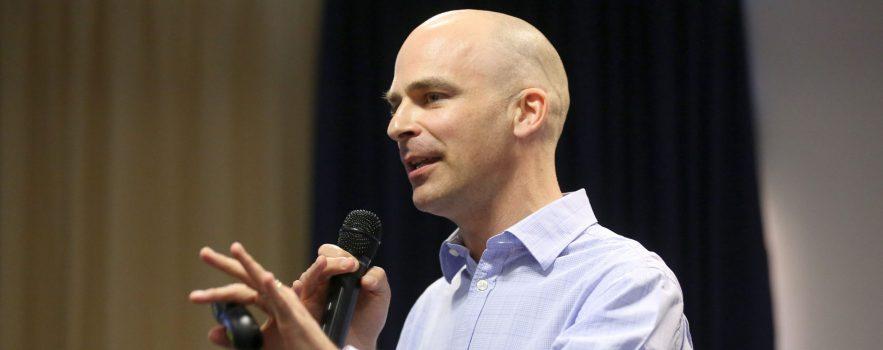
Generating insights that guide strategy and policy at an institutional and national level: some of our success stories
A new funding model for undergraduate primary care education in England
Dr Richard Darnton, GPEG’s Director, was invited to write the first draft of national medical education funding arrangements and guidance designed specifically for undergraduate primary care. This draft was accepted nationally with only very minor changes. It has subsequently been published by the Department of Health and Social Care as Annex C of their Education and Training Tariff Guidance 2022 to 2023 (pages 44-51 of this link). These arrangements were implemented across all English medical schools in September 2022 and Richard has co-authored a recent BJGP editorial explaining the significance of these new arrangements. He continues to provide support and advice surrounding the implementation of this guidance and contributes to national working groups in this field.
EDITORIAL: Joe Rosenthal, Richard Darnton and Alex Harding. Parity at last: a new funding model for undergraduate primary care education in England. BJGP 2022
Informing the future of clinical placement capacity
GPEG’s experience providing medical student placements in primary care across the East of England led to new research on threats to medical student teaching capacity. The findings have provided important new insights for the future of the NHS. This is the first study to demonstrate the scale of the space crisis in primary care and its impact on medical education and the work is already starting to be used by national policymakers. It has also been referenced in a national report on general practice infrastructure.
RESEARCH: Richard Darnton, Sam Amey and James Brimicombe. The nature and prevalence of threats to medical student placement capacity in primary care: a survey of East of England GP practices. BJGP Open 2022
Contributing to current thinking on workforce recruitment
There is a strategic imperative to understand factors influencing medical student career choice. This is because recruitment of medical graduates to general practice is a matter of national concern. GPEG hosts a six-year longitudinal study of medical students which is a collaboration between three UK universities. The study is on course to produce rare and valuable data by studying a cohort from three medical schools as they progress through six years of study. Already, the baseline findings published in BJGP Open have provided valuable new insights to inform the recruitment of medical students to GP careers.
RESEARCH: Richard Darnton, Efthalia Massou, James Brimicombe, John Kinnear, Roger Tisi, Alys Burns, Diana F Wood and Paul O Wilkinson. Career intentions and perceptions of general practice on entry to medical school: baseline findings of a longitudinal survey at three UK universities. BJGP OPEN 2021
